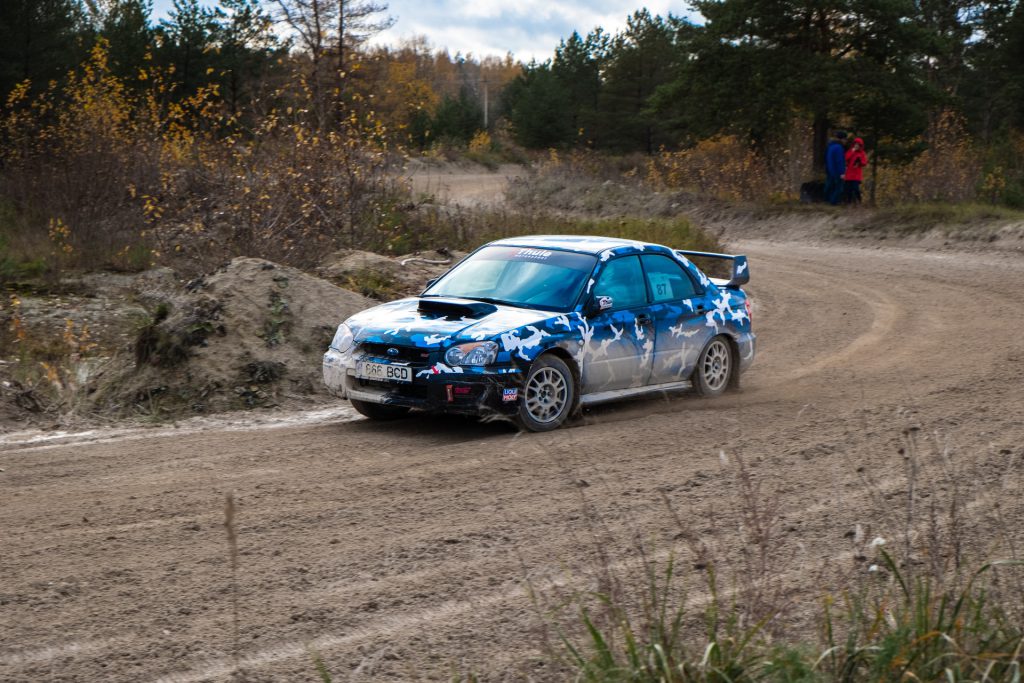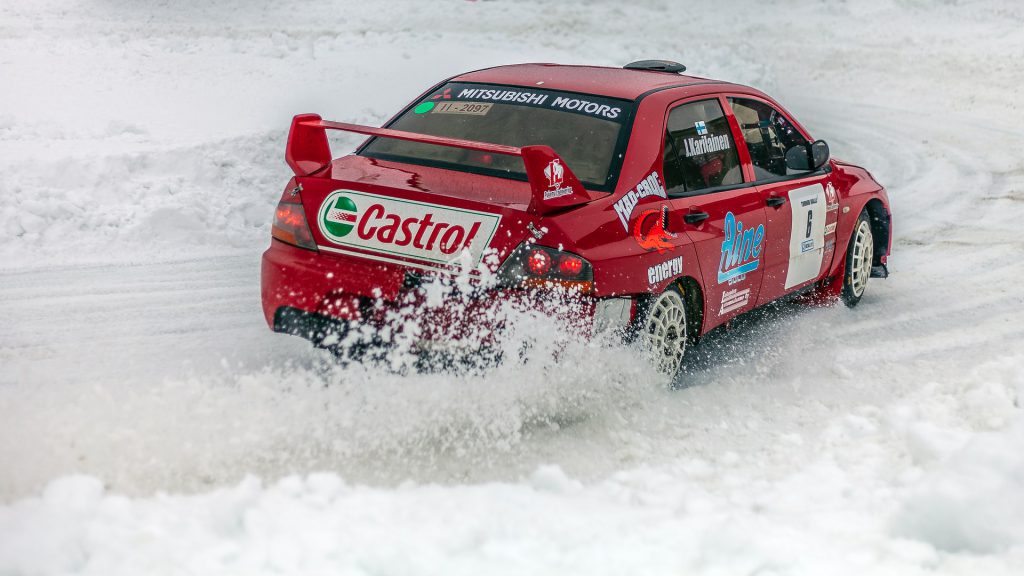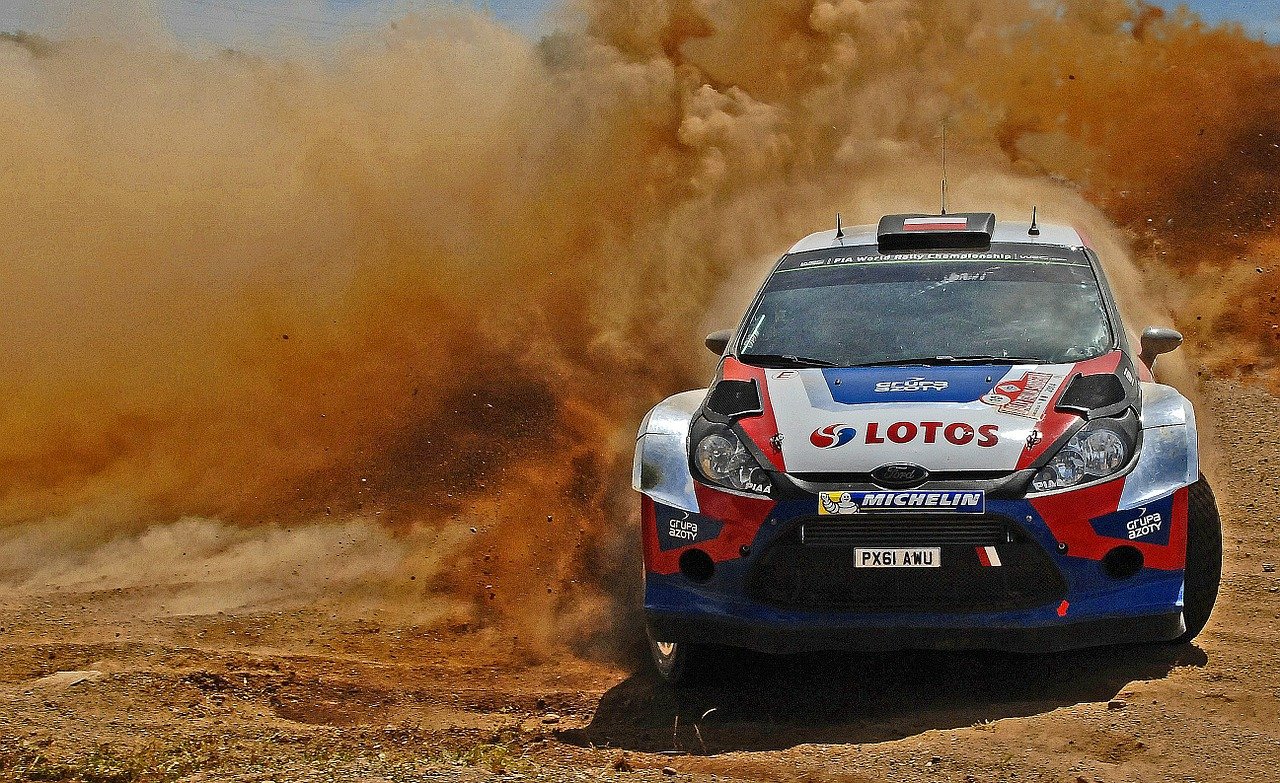It is the fact that humanity has always been competitive, from the beginning of time until now. Racing therefore becomes a competition under all kinds of transportation: on foot, horseback, chariots, motorbikes, and then cars. Rally racing was born like that. Without a doubt, rally cars are the pride of men: Run in all weather conditions, every terrain, everywhere. They satisfied the need for speed, for competitiveness from our instinct.
So in order to answer the question “what is Rally Racing?”, our car expert will provide all drivers with useful knowledge about this incredible sport.
Contents
What is Rally Racing?
Definition
Rally is a kind of motorsport, yet the competitors will not be racing against each other. Instead, a driver and co-driver, also called a navigator, race down closed road sections as fast as they can.
The sections for rally racing are usually 5 to 20 miles distance and called Special Stages. These stages are closed to all non-rally transportation and conducted on different surfaces like gravel, tarmac, snow,… In rally racing, there are transport sections between stages called Liaison, which is on public roads. The difference between normal racing and rally racing is that rally racers must obey normal road rules.
There are closed road special stages (the action we see in videos) and there are transport sections between stages called Liaison. Liaison is often on public roads and competitors must obey normal road rules.

The difference from rally compared with normal racing is that there will be one car running at a time and it will race against the clock. Rally drivers will hold a time card. This card will help drivers and organizers keep track of the time. With the ultimate safety while still keeping the elemental of speed, rally racing is very well-known and loved by racers all around the world. The FIA-sanctioned World Rally Championship, the most watched sporting event in the world, is the significant example of how popular this international sport is.
Rally Driver
Of course, what is rally racing without a driver. These car owners are considered the best drivers worldwide. Not only are they capable of driving with advanced techniques like lift-off throttle steering and braking left foot, they also drive easily in difficult situations.You can spot snow covered roads, mud, ice, tarmac or the ball bearing gravel in the stages of rally racing. Sometimes, all of them combined. For that reason, rally drivers are the most skilled drivers worldwide since they must master driving on various terrains.
With the guideline from the co-driver on an in-car intercom system, the driver can predict and react with everything on the rally racing.
History of Rally Racing
In order to answer the question “What is Rally Racing?”, we need to know the history of this unique racing.
The Beginning of Rally Racing
On April 28th, 1887, there was a single racer driving around a small circuit, his name is George Bouton. And this is the first rally racing. On July 23rd, 1894 from Paris to Rouen, drivers had their first rally racing. With the distance of 127km, there are two splitted results, between time and technicality: Count de Dion is the fastest racer, while George Lemaitre is the most skillful racer. The intensity, along with the type of clock racing became the base for today rally racing.
SEE MORE
In January, 1911, the first race to use the term “rally” was held: The Monte Carlo Rally. The early rally racings make drivers unable to drive at their full speeds due to the road situations. Instead of that, the official car would drive and create a set speed. Due to the selected speed, drivers must follow as close to that speed as possible. Not too fast, and not too slow. This is the foundation of today’s “road rally”. The Monte Carlo Rally is still an essential part of the World Rally Championship and held annually. And that was the start of the rally racing decade.

The Development of Rally Racing
In the 1950s, the co-drivers actually drove along with racers, and the teams became much more skillful and professional. In some racings that go on days without stopping, co-drivers and rally racers will take turns driving. Ten years later, the manufacturers had understood “what is rally racing?”, and took an interest. They upgraded the automobile, hired professional drivers and mechanics in order to win the race. Rally racing, from a hobby, became a competitive sport. In 1973, manufactures upgraded the stages for Rally Racing to be more exciting. It became the official WRC (World Rally Championship) for manufacturers by Federation Internationale I’Automobile (FIA).
In the year of 1997, the WRC changed its rules. The rally racing rules are similar to what we know today.
In Conclusion
The answer for the question of “What is Rally Racing?” is that it is a safer version of normal racing. Even though nobody races against anyone, the timer and the hard terrains are the element of intensity that makes this sport famous and competitive.



